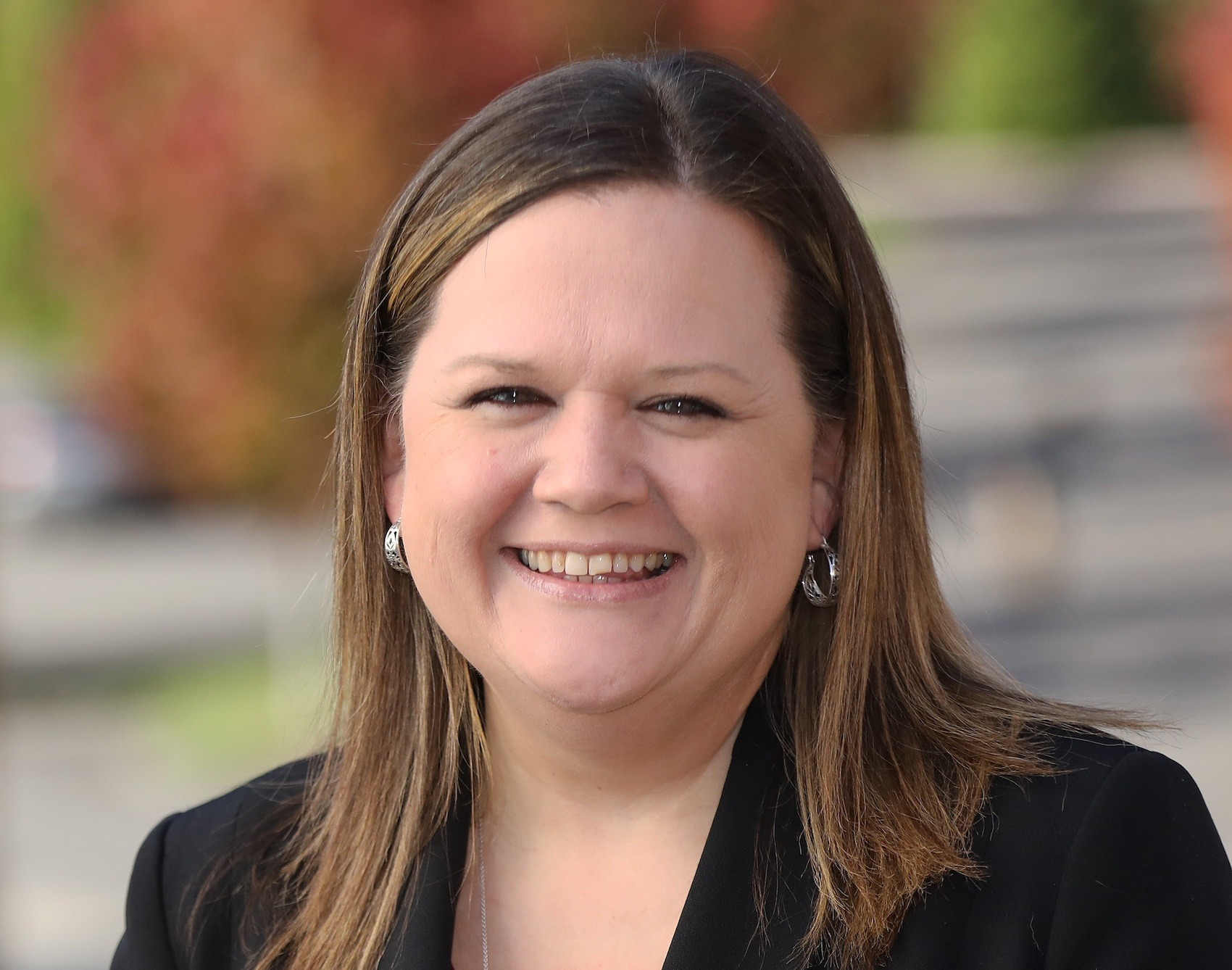Tarra Simmons Becomes First Person Formerly Convicted Of A Felony Elected To Washington State Legislature
Simmons, an attorney, is fighting to give people “a first chance so they won’t need a second chance later on in life.”

Tarra Simmons, an attorney in Bremerton, Washington, on Tuesday became the first person in the state’s legislature in modern history who was convicted of a felony.
“If we create thriving and healthy communities, where people have their needs met and where if they have an issue they have someone to talk to about it and have support, I think we can really reduce crime and our reliance on prisons,” Simmons told The Appeal in October.
Simmons added that she wants to give people “a first chance so they won’t need a second chance later on in life.”
“I guess that’s why I’m really running,” she said.
A former nurse who served 20 months in prison after her drug habit led to her being arrested three times in 2011, Simmons went to law school in August 2014, a little over a year after she was released. Though she graduated with honors in May 2017, she was denied the bar the month before because of her felony convictions, setting up a showdown in the state Supreme Court which resulted in a same-day unanimous decision in her favor.
Georgetown University law professor Shon Hopwood, himself a person formerly convicted of a felony, helped Simmons fight to get into the Washington state bar despite her felony conviction. Hopwood told The Appeal that Simmons is one of the most inspirational people he has ever met and he was confident she could make a real difference in the state legislature.
“She understands the issues facing people who don’t have a lot of means in a way that most politicians never will, because she’s lived that life,” Hopwood said.
Simmons was admitted to the bar in June 2018 and co-founded the Civil Survival Project, which provides counsel and legal services to the formerly incarcerated. Simmons announced in October 2019 that she would run for Washington’s 23rd District’s state house seat. Her race has attracted the support of Representative Pramila Jayapal and Senator Patty Murray, both Washington Democrats, as well as former Democratic presidential contender Pete Buttigieg.
Simmons told The Appeal that she views her winning platform of major economic, educational, and treatment reform as part of a bigger effort where she can make a real difference in people’s lives.
“I think the whole mission I have in life is to break down stigmas and barriers,” said Simmons. “So people who have similar life stories and paths have hope and opportunity when they come back from a mistake.”
Because Simmons will be the first formerly incarcerated person in the Washington State Legislature, said Hopwood, her win means a lot to people around the state and around the country. Simmons shows that there’s a true second chance after prison, something that Hopwood described as “almost as important” as her work in the statehouse.
Hopwood praised the fact that Simmons didn’t try to hide her criminal record but has rather made it the centerpiece of her campaign. That’s important because it opens the door for others in the U.S. prison population of 1.5 million to see that there will be a future when they come home.
“It’s not people getting out of prison and thinking, I can’t wait to go back to selling drugs,” Hopwood said. “It’s mostly people that get out, can’t find work, can’t find stable housing, realize that they’re locked out of thousands of different professions—professions that have nothing to do with the crimes they committed—and they just give up and go back to what they know.”
“They don’t feel like they’re getting a second chance or a true second opportunity,” Hopwood continued. “It would be hard for anyone on this planet to get out of a prison and be told, you’re going to be forced into a position where you’re going to make $9 an hour and have to work two part time jobs for the rest of your life.”
Kevin Ring, president of FAMM (Families Against Mandatory Minimums), said Simmons represents a much needed corrective in how the American people are represented in federal, state, and local office. Simmons, said Ring, will advocate for changing a system that she’s been through.
“She’s going to be able to talk about how the state can reform its laws and prison policies based on her personal experience,” Ring said.
People from all sorts of backgrounds—from teaching to business to the military—are in office around the country, but the formerly incarcerated are woefully underrepresented. To Ring, that shows how much a voice like Simmons’s will mean. Her story is only unique because of the stigma attached to prison, said Simmons, but it doesn’t have to be that way.
“There are so many people who are being pushed out from these barriers,” Simmons said. “And our society is losing out on their gifts.”
Shifting that paradigm would not only make life better for formerly incarcerated people, it would help keep the public safe, Simmons said. Because crime is usually the result of factors outside the control of the criminal—including addiction, untreated trauma and mental health issues, and a system that grabs hold after one bad mistake—addressing its causes is essential to making change, Simmons said.
“Our society should allow space for that through policy changes,” she said. “Not to just show that, but also to change policies to allow for more people to find success.”
